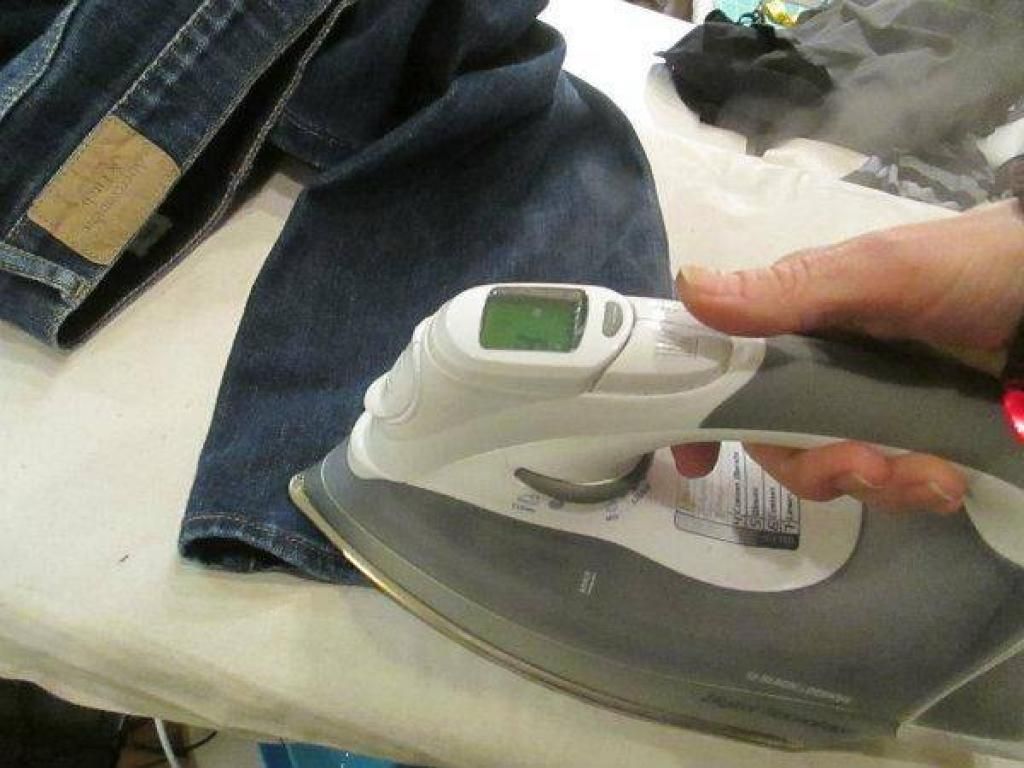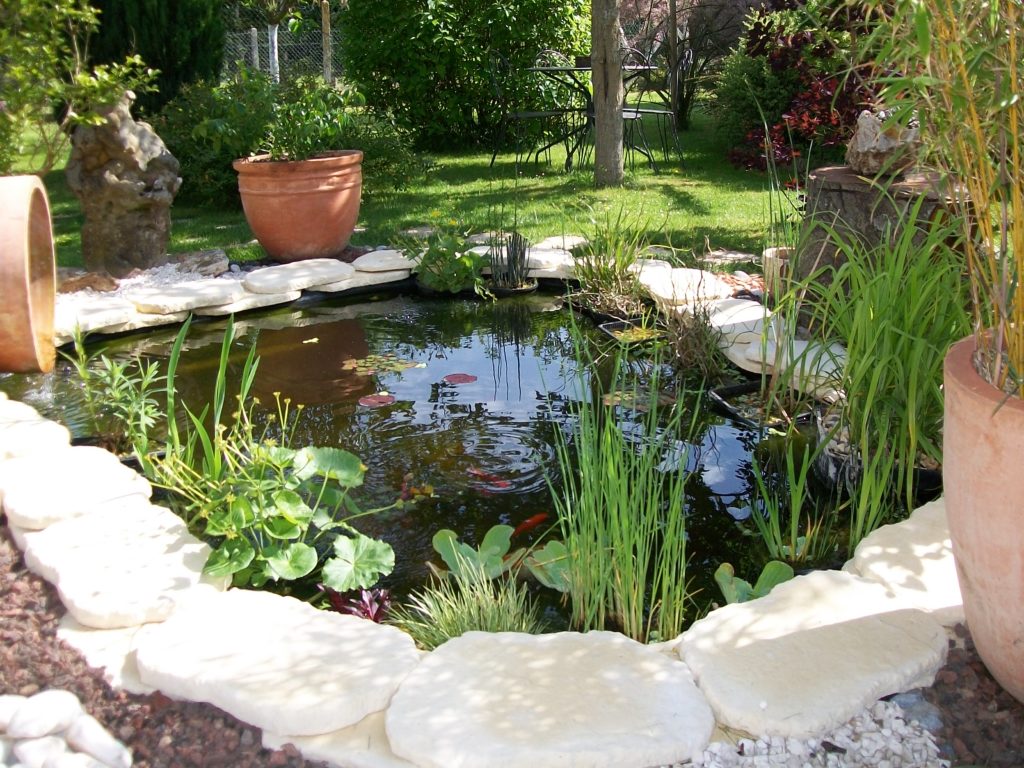10 Simple Tips To Reduce Your Carbon Footprint Now.
Climate change and the devastating effects of pollution on our planet have become major topics.
The consequences of pollution linked to carbon dioxide emissions are significant.
Climate change is creating devastating storms and disrupting crops (and therefore our food chain).
It is indisputable that our planet is suffering.
But what can we do concretely to help and fight against climate change?

It is true that melting icebergs and tornadoes that destroy everything in their path are forces before which an individual cannot do much.
That said, we must not give up. There are things you can do for our planet and for generations to come.
Here are the 10 simple tips to reduce your carbon footprint right now:
1. Change your bulbs
It is not often that one thinks of the energy impact of light bulbs.
One easy thing you can do to help the planet is to change your regular light bulbs to low energy bulbs.
The positive effects are substantial: a single low-energy bulb reduces your carbon footprint by 600 kg of carbon dioxide over its entire lifespan.
If all households in France exclusively used low-energy bulbs, we would reduce our electricity consumption for lighting by 50%.
It deserves to get out the stepladder and change a few light bulbs, right?
To buy it now, we recommend these LED bulbs.
2. Completely switch off your electrical appliances
When you turn off your electrical appliances completely, it is not only good for the appliances, but also for the planet.
It is also ideal to unplug chargers (cell phones, laptops, etc.) when you are not using them.
Do you tend to leave your charger plugged in, not turn off your digital TV box, and leave your computer on standby?
So, it's high time you changed your geek habits.
According to several studies, you can save up to 100 € per year just by completely turning off electrical devices when they are not in use. Including his Internet box!
To discover : 26 Simple Tips For Saving Energy At Home.
3. Take public transport or carpool

The statistics are frightening: 1 kg of carbon dioxide is emitted every 4 seconds by European cars.
Each year in Europe, this represents 4.9 billion kg of carbon dioxide added to the atmosphere from cars.
The advantages of carpooling are obvious: sharing a trip with 2 or, even better, 3 people drastically reduces carbon dioxide emissions.
Likewise, public transport reduces the number of cars on the road.
And if you live in a big city, you surely have the possibility of renting a bike for the year like the Vélib 'in Paris.
To discover : 9 Sites to Know for Cheap and Green Travel.
4. Choose a laptop rather than a desktop computer
Unlike desktop computers, laptops are designed to be energy efficient.
Depending on the model, a laptop uses up to 80% less energy than a desktop computer.
Because laptops run on battery power, great design efforts are made to save power.
Therefore, they are more suitable for reducing carbon dioxide emissions than desktop computers.
5. Drink tap water
Did you know that when you buy bottled water, you are doing the planet a disservice?
Why ? First think about the energy required to produce all those plastic bottles (plastic is made from petroleum).
Then think about the waste produced after the bottles are thrown away (often without being recycled).
There is also the transport of the bottles to the supermarket and then to your house, which further increases the amount of carbon dioxide released.
In most Western countries, tap water is perfectly suitable for drinking.
And if you really don't want to drink tap water, get a tap water filter here.
It will cost you less than buying bottles and you will significantly lower your carbon footprint.
6. Close your shutters and adjust the thermostat
These simple actions help control the temperature in your home, but they can also make a difference to our planet.
Lowering the thermostat by just 1 degree in winter and increasing it by just 1 degree in summer will have a real impact on your electricity bill.
Likewise, turning off the heat when you're away from home can reduce your bill by up to 15%.
Shutters are also a simple tool that many people overlook.
Open the shutters in winter during the day to let in sunlight and warm your home. At night, close them to keep the heat.
In summer, close the shutters during the day to keep your home cool. At night, open them to let in the cooling breezes.
In any case, if you don't have a thermostat at home, consider taking the plunge, because it will save you a lot of money on your bills while reducing your carbon footprint.
We recommend this thermostat that you can control via your smartphone.
To discover : Close Shutters, Curtains, Blinds at Night to Consume Less Heating.
7. Buy local fruits and vegetables

Do you like to eat watermelons all year round? These fruits might be delicious, but you have to realize that they probably don't grow in your area.
By purchasing locally grown, seasonal fruits and vegetables, you significantly reduce the carbon footprint of your diet.
According to the Worldwatch Institute, fruits and vegetables travel an average of 2,500 km between the farm and your supermarket!
We bet you can easily find great fruits and vegetables grown near you.
You just need to make a little effort.
To discover : Do you know the Seasonal Fruits and Vegetables?
8. Plant a tree
This is surely the most direct way to reduce your carbon footprint.
Trees provide free shade, produce oxygen and consume carbon dioxide.
By the way, did you know that a single tree, even a young one, absorbs 6 kg of carbon dioxide per year?
Once an adult tree absorbs 22 kg of carbon dioxide!
A single 10-year-old tree is enough to produce enough oxygen for 2 people to survive.
If you are lucky enough to have a garden, you know what you have to do!
To discover : Here is a Little House In the Woods Built in 6 Weeks For 3,500 Euros!
9. Newsprint or digital? Make the right choice to read the newspaper
Since the advent of digital media, there has been a debate about the carbon footprint of digital newspapers versus that of print newspapers.
In terms of carbon footprint, a printed newspaper is roughly equivalent to its weight in carbon dioxide emissions.
However, reading your newspaper on a computer requires a significant amount of energy, depending on the device you are using.
The best policy is to be careful about how you read your newspaper.
If you prefer to read the newspaper online, consider using as little energy as possible.
This means that you should give preference to an unplugged laptop or smartphone rather than a plugged in desktop computer.
If you read the newspaper in print, consider recycling your newspaper every day.
To discover : 25 Surprising Uses of Newsprint.
10. Use energy efficient household appliances
A microwave oven might not be the "classiest" way to cook.
On the other hand, a microwave oven is much less energy intensive than an electric oven.
Concrete example : a cooking time of 15 min in a microwave is equivalent to 1 h in an electric oven.
This represents a saving of 20% in terms of energy!
At a minimum, try to use your microwave when boiling water.
Not only is it more efficient and economical, it also doesn't affect the taste.
If you must use your oven, consider using the top of the oven rather than the bottom. Why ? As the heat rises, the cooking time will be reduced.
Do you know any other tips for reducing your ecological footprint? Share them with us in the comments. We can't wait to hear from you!
Do you like this trick ? Share it with your friends on Facebook.
Also to discover:
16 Simple Tips To Reduce Plastic Waste.
32 Energy Saving Tips That Work.










